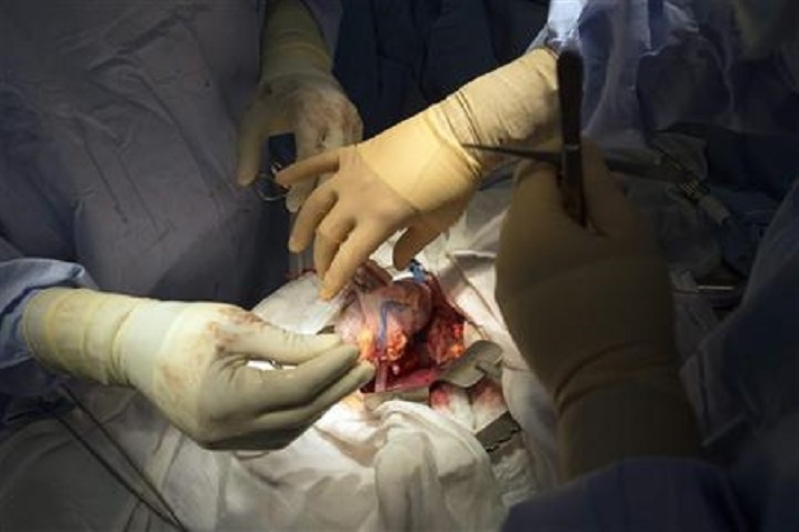
A disturbing report claims that China continues to harvest organs from prisoners of conscience on a wide scale.
Most of the victims are Falun Gong practitioners, but others, including Christians, who contradict the ideologies of the Chinese Communist Party can also suffer the same fate.
Sometimes the prisoners are killed so their organs can be harvested. At other times, their organs are extracted while they are still alive, according to News Corp Australia.
Another report released in June says that 60,000 to 100,000 organ transplants are being done in Chinese hospitals each year, a figure that appears to be questionable with the authorities claiming only 10,000 organs transplants are done annually.
“The total number of transplants which officials ascribe to the country as a whole, ten thousand a year, is easily surpassed by just a few hospitals. Whatever the total number is, it must be substantially more, by a multiple, than the official figure," the report said.
The report also claims organ transplantation in China has become a lucrative business. It cites the development of new hospitals or new transplant wings, suggesting there is an assurance of a good organ supply.
There are also many medical staff qualified to perform organ transplants, indicating a demand for the skill. In addition, these professionals are constantly being trained.
“Transplantation in China means money, lots of it,” the report said.
The Doctors Against Forced Organ Harvesting conducts research into such forced organ harvesting from prisoners of conscience. The organization says China is “the only place where systematic forced organ harvesting continues to occur on a mass, state-sanctioned level.”
One of the reasons for this is that there is no legislation that prohibits the practice. On the contrary, an old law opens the way to harvest organs from executed prisoners.
“In fact, a ‘1984 Provision’ still remains in place, which allows for executed prisoners to be used as donors — in direct violation of all international guidelines,” DAFOH spokeswoman Sophia Bryskine said, according to NewsCorp Australia.
She said China’s legal system is “corrupt.”
“China hasn’t even confirmed prisoners of conscience have been killed for their organs. They only said they stopped the practice for executed prisoners who had death sentences,” Bryskine said, adding that international pressure is necessary to put a stop to the state-sanctioned organ harvesting.
Former Canadian lawmaker David Kilgour and human rights lawyer David Matas, co-authors of the report, went to the Australian Parliament House Monday to call on lawmakers to intervene in the Chinese practice.
Kilgour and Matas told the parliament they hold evidence proving there are 60,000 to 100,000 organ transplants being performed in China each year. They said most of the victims, aside from Falun Gong practitioners, are Christians, Tibetan Buddhists and Muslim Uighurs, whose murder allows the demand for transplants to be met.
At a press conference in June, Chinese foreign ministry spokeswoman Hua Chunying denied the reports about forced organ harvesting.
"As for the testimony and the published report, I want to say that such stories about forced organ harvesting in China are imaginary and baseless -- they don't have any factual foundation," she said.
China, according to her, imposes “strict laws and regulations on this issue.”







